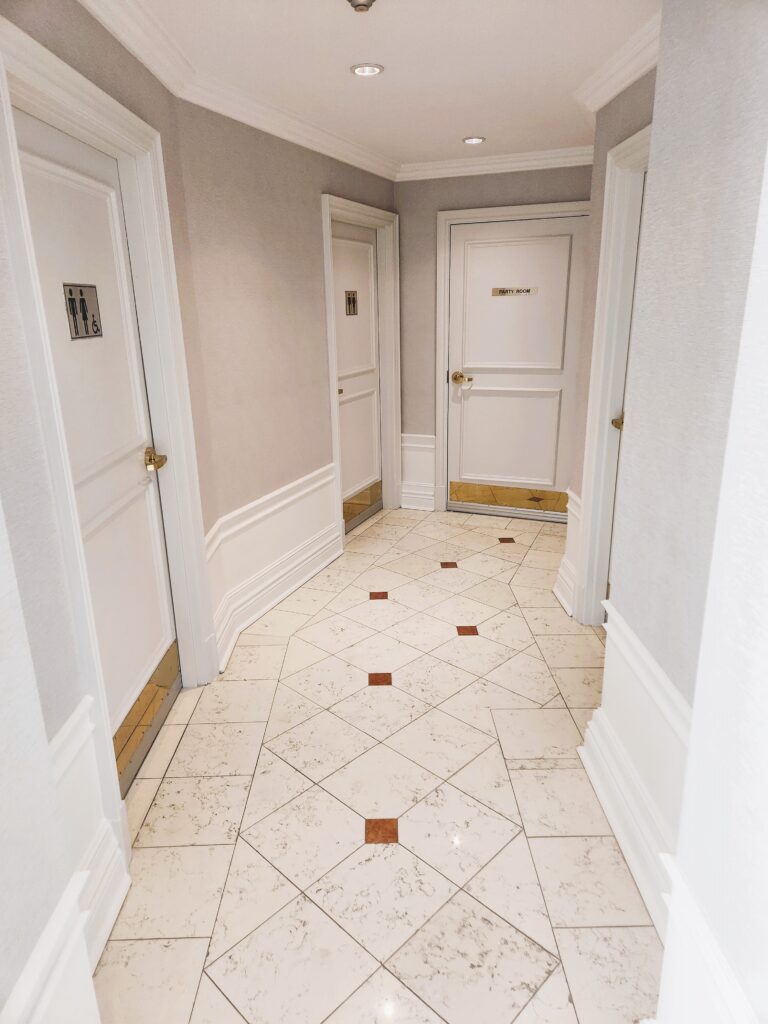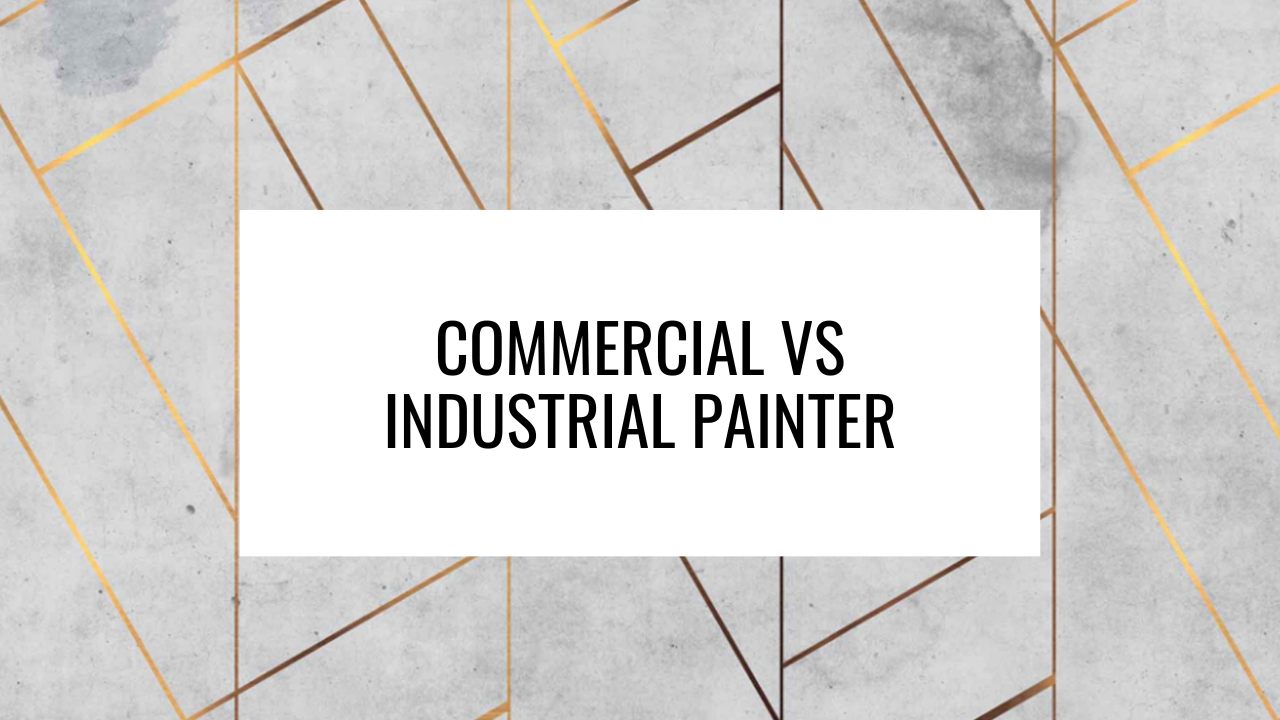When it comes to painting projects, it’s important to understand the distinction between commercial and industrial painters. While both play a crucial role in enhancing the appearance and protection of various structures, their areas of expertise and the nature of their work differ significantly. In this blog post, we will explore the key differences between commercial and industrial painters to help you make informed decisions for your specific painting needs.
Scope of Work
One of the primary differences between commercial and industrial painters lies in the scope of work they undertake. Commercial painters typically focus on painting projects in commercial properties such as offices, retail stores, restaurants, and apartment complexes. They are skilled in transforming interior and exterior spaces, offering services like surface preparation, color consultation, and applying paint finishes to enhance the aesthetics of commercial buildings.
On the other hand, industrial painters specialize in painting large-scale structures such as factories, warehouses, bridges, pipelines, and industrial facilities. Their work often involves applying specialized coatings and protective finishes to withstand harsh environments, chemical exposure, and heavy machinery usage. Industrial painters are trained to follow strict safety regulations and possess expertise in surface preparation techniques, corrosion control, and using specialized equipment for efficient and durable results.

Requirements and Expertise
Commercial and industrial painters also differ in the requirements and expertise they bring to their respective fields. Commercial painters typically handle projects that require working with a variety of surfaces, including drywall, wood, concrete, and metal. They possess skills in wall repair, priming, and applying decorative finishes to achieve the desired aesthetic appearance. Attention to detail, color coordination, and the ability to work efficiently within time constraints are key attributes of a skilled commercial painter.
Industrial painters, on the other hand, require a deeper understanding of coating systems, specialized equipment, and safety protocols. They must be well-versed in industrial painting techniques, including abrasive blasting, high-pressure washing, and the application of coatings that protect against corrosion, chemical exposure, and extreme weather conditions. Industrial painters often undergo specific training and certification programs to ensure compliance with industry standards and regulations.
Materials and Techniques
Another significant difference between commercial and industrial painters lies in the materials and techniques used for their respective projects. Commercial painters primarily work with standard paint products, including water-based or latex paints, enamels, and specialty coatings for decorative purposes. They focus on achieving smooth, even finishes that enhance the aesthetics of the commercial space.
Industrial painters, on the other hand, deal with a wide range of industrial-grade coatings that provide superior protection and durability. These coatings may include epoxy, polyurethane, zinc-rich, or fire-retardant coatings, depending on the specific requirements of the project. Industrial painters employ techniques such as airless spraying, electrostatic spraying, and powder coating to ensure proper application and adhesion of these specialized coatings.
Conclusion: commercial and industrial painter
Understanding the difference between commercial and industrial painters is essential when planning painting projects for your commercial or industrial property. Commercial painters specialize in enhancing the appearance of commercial spaces, while industrial painters focus on protecting large-scale structures from harsh environments. By recognizing the specific requirements, expertise, and techniques associated with each field, you can make informed decisions and choose the right professionals for your painting needs. Whether you’re looking to transform a commercial space or protect an industrial facility, selecting the appropriate painter ensures optimal results and long-lasting performance.

